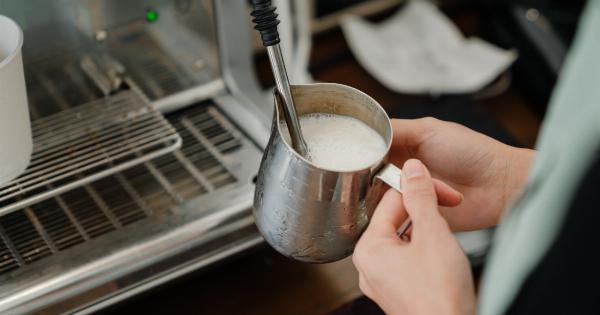Breaking up can be one of the hardest things anyone has to go through. The pain, confusion, and overwhelming emotions can feel like too much to bear.
In order to better understand the experiences of those who have gone through a breakup, a relationship survey was conducted.
Survey Overview
The survey was conducted online and anonymously, and collected data from over 500 respondents who had experienced a breakup in the past year.
The survey included questions about the reasons for the breakup, the emotions felt during and after, and how individuals coped with the experience.
Reasons for the Breakup
The survey found that the most common reason for a breakup was communication issues, followed closely by not being compatible. Other common reasons included infidelity, growing apart, and differences in values or lifestyles.
Emotions Experienced
Unsurprisingly, the most common emotion experienced during a breakup was sadness. However, respondents also reported feeling anger, disbelief, confusion, and relief. Some individuals also reported feeling a sense of liberation or newfound freedom.
Coping Strategies
The survey found that the most common coping strategy was leaning on friends and family for support. This was closely followed by engaging in self-care, such as exercise, meditation, or therapy.
Some individuals also reported turning to alcohol or other substances to cope.
Growth After the Breakup
While a breakup can be incredibly painful, many respondents also reported experiencing growth and learning from the experience.
Specifically, individuals reported developing a stronger sense of self-awareness, gaining a better understanding of what they want and need in a relationship, and improving their communication skills.
Timing of Moving On
There was a wide range of responses when it came to how long it took respondents to feel ready to move on after a breakup.
Some individuals reported feeling ready to date again within just a few weeks or months, while others reported it taking years to feel emotionally ready to enter into a new relationship.
Gender Differences
In terms of gender differences, the survey found that women were more likely to report feeling sad, while men were more likely to report feeling angry or relieved.
Women also reported turning to friends and family more often for support, while men were more likely to engage in self-care activities such as exercise or therapy.
Age Differences
The survey also found some differences in how individuals of different age groups experienced a breakup.
Younger individuals (ages 18-24) were more likely to report feeling a sense of liberation or newfound freedom after a breakup, while older individuals (ages 35+) were more likely to report feeling a sense of personal growth and learning from the experience.
Conclusion
While a breakup can be one of the most difficult experiences anyone can go through, this survey highlights that there is no one right way to cope or move on.
Everyone’s experiences are unique, and the most important thing is to take care of yourself and seek support if needed.





























